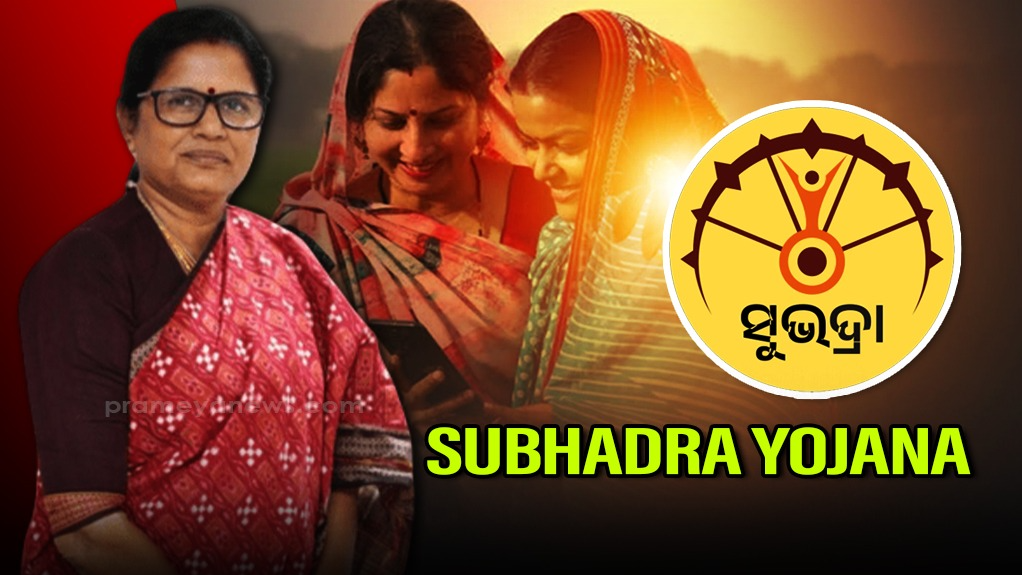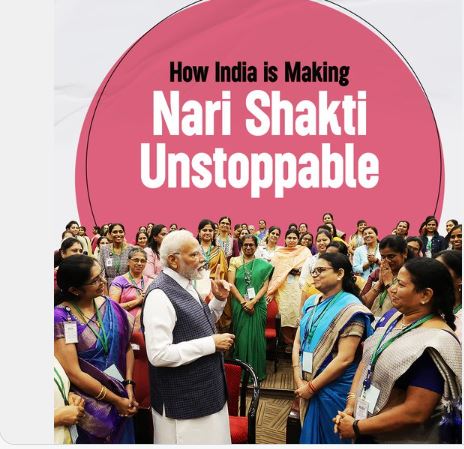1971 Indo-Pak war and proxy war in Kashmir
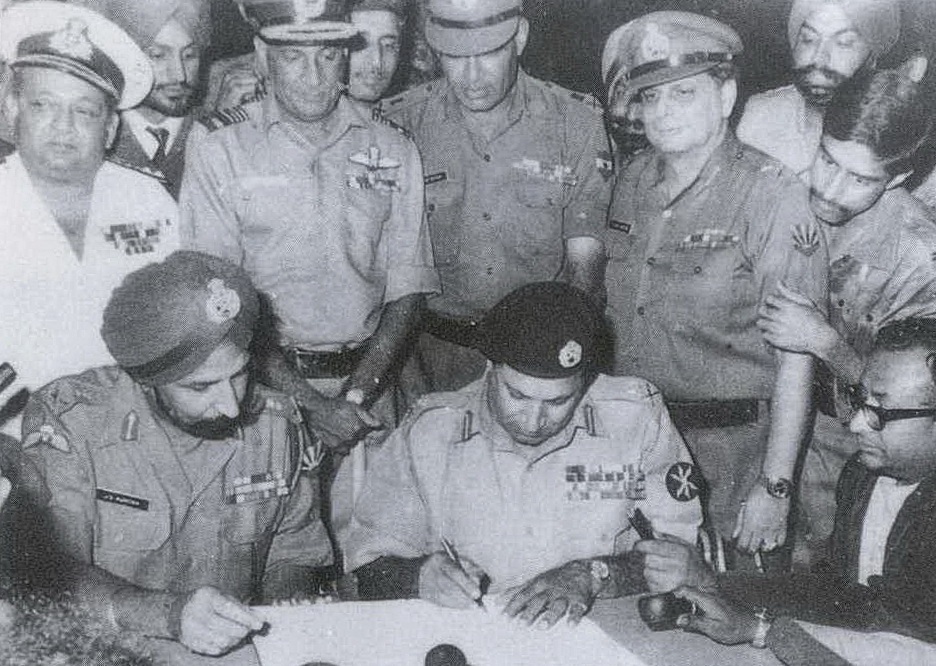
By Arun Joshi Fifty years ago, the December 1971 war changed the geographical complexion of the Indian subcontinent – Pakistan lost its eastern part because it tried to suppress the political outcome of the elections with brute force, and then lost it completely when it surrendered to India on December 16, 1971. This war also impacted Jammu and Kashmir, its politics and Pakistan after suffering a humiliating defeat which no nation has experienced ever in the post-world-war-II history, used proxy war as a means to bleed India via Kashmir. It was driven by its revenge strategy . As kids we remember, how the air fights could be watched with the naked eyes and would rush to bunkers, responding to the alarm sirens warning arrival of the enemy aircraft. This was last Indo-Pak war where the two countries tested their conventional methods and machinery of conventional warfare. It is rightly observed that both India and Pakistan fought wars with the World-War -two methodology. Reflecting on the conditions, and what all changed between the two countries since, both the countries have suffered. Pakistan lost not only its territory of East wing, now there is Bangladesh on that landmass and sea boundaries, but also its ideology that the faith was the uniting force. It was this thesis that Muslims were a different nation that led to creation of Pakistan in 1947. Pakistan inflicted bigger losses to itself as the country lost its status as a nation. It became a proxy for the superpowers. Earlier, it was known as America’s proxy and a universally accepted phrase that “ Pakistan’s life depended upon three As- Allah, Army and America . Pakistan suffered immense consequences of being a proxy. It served as proxy of America when it unleashed brutality on Eastern Pakistan ( now Bangladesh) refusing to accept the verdict of the elections held early 1971 and then chose to open war on India’s western front. It thought that the US support would win it the war, nothing of the sort happened. Things changed fast after the massive defeat Pakistan suffered in 1971. On December 16, 1971, evening when Pakistan’s military ruler Yahya Khan addressed the nation with a clarion call “ Jang abhi jari hai”, ( the war is on). And it was the day when Gen. A A K Niazi had signed surrender papers before Lt. Gen Jagjit Singh Arora. Gen Khan’s words carried no conviction as he said that the war would now be fought in “ fields, industries and factories). The people in Pakistan knew what had visited them. Till date, Pakistan has analysed its loss only in terms of loss of territory. It did not understand, nor it is trying to do so, about the fallout of acting as proxy- now it is doing for China what it did for the US for decades after signing becoming member of the Southeast Asia Treaty Organisation ( SEATO) in May 1954. It has become a hub of terrorism and high-velocity extremism, where terrorism thrives and the extremism has given birth to the forces that are all out to disintegrate the country. Extremism was born the very day idea of Pakistan – nation based on religion was floated, that was for a separate nation, but now the extremist forces are so strong that this has engineered battles within the government, and with the establishment ( read army) and when it will fall apart is a matter of time. Post- 1971 war, its policies toward India became more revengeful: it started planning for a big proxy war in Kashmir, and that it did eventually. But what it forgot was that its policies drove it toward destruction of its own institutions. Its decision to fight America’s war against the erstwhile Soviet Union in 1979 for dollars and arms and ammunition, made it to host extremist elements from all across the Islamic world. The jihad against Soviets succeeded, but at what cost > That cost factor has not been analysed. It used the “ muhadeen” and their fighting skills to train the terrorists to bleed Kashmir. Now, the jihadi groups created by Pakistani establishment have started threatening its own existence . About the Author: Arun Joshi is a senior journalist based in J&K. He has worked with Hindustan Times, Times of India, Indian Express, and The Tribune. He has authored “ Eyewitness Kashmir: Teetering on Nuclear War” and three other books. DISCLAIMER This is the personal opinion of the author. The views expressed in this write up have nothing to do with it.
Latest News
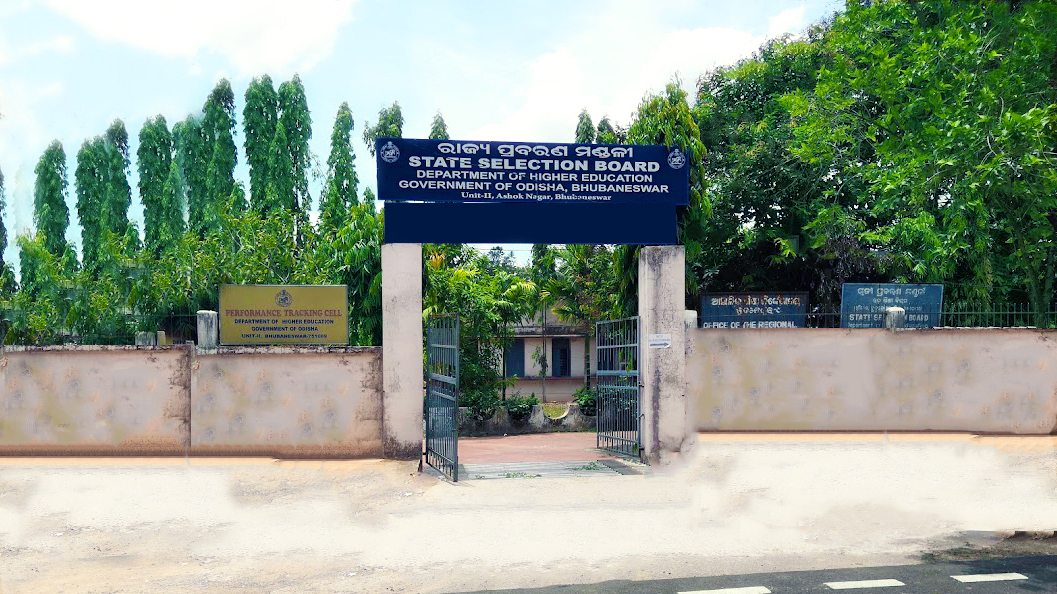
SSB Odisha to release provisional answer keys...

Odisha’s Climate Project wins top award at Sea...

Sitharaman, Purandeswari, Srinivasan: The Top...
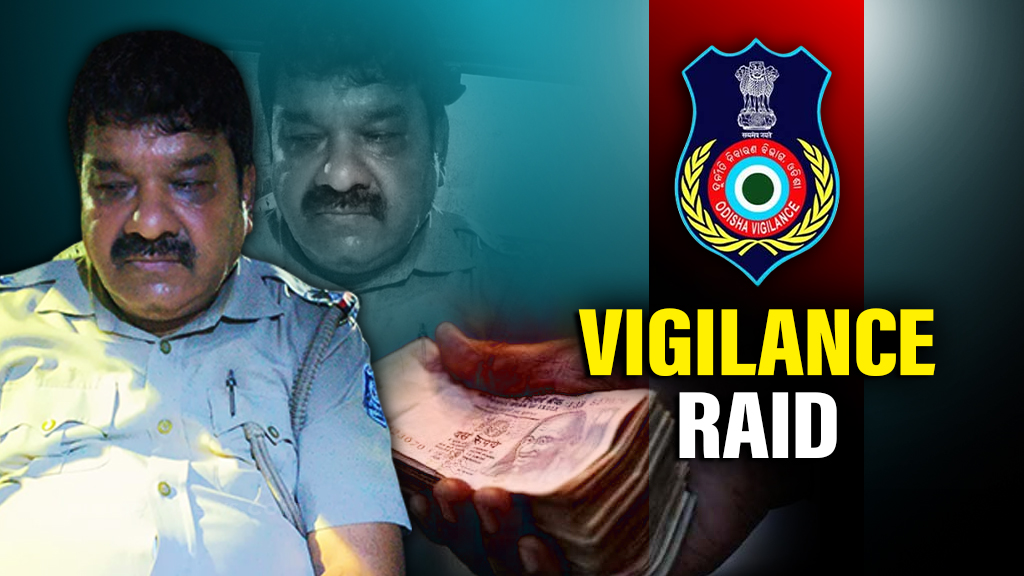
Vigilance raid: Talcher ASI caught taking brib...
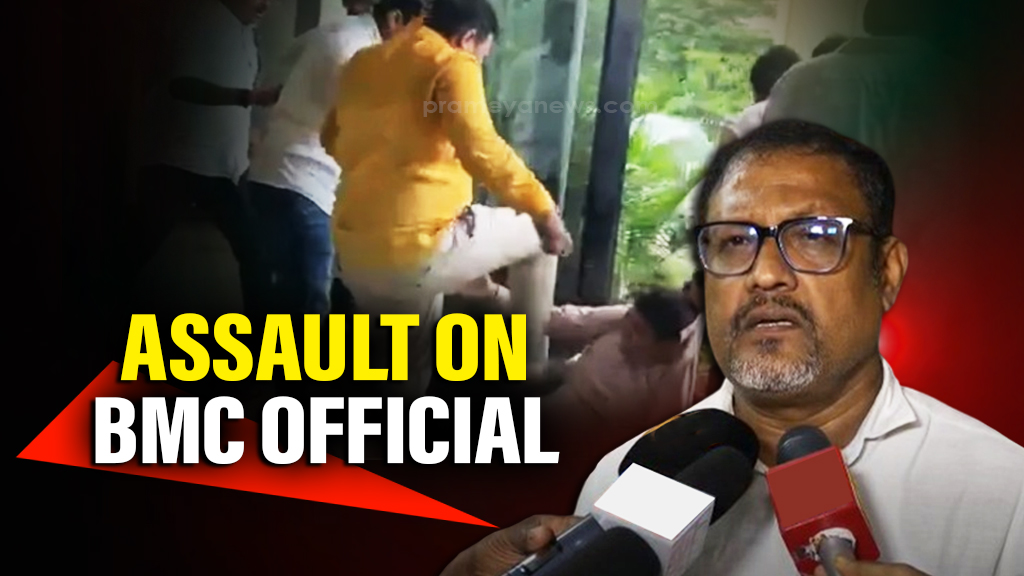
Assault on BMC official: OAS officers to resum...

Air India Crash: UK Families Retain Law Firm f...
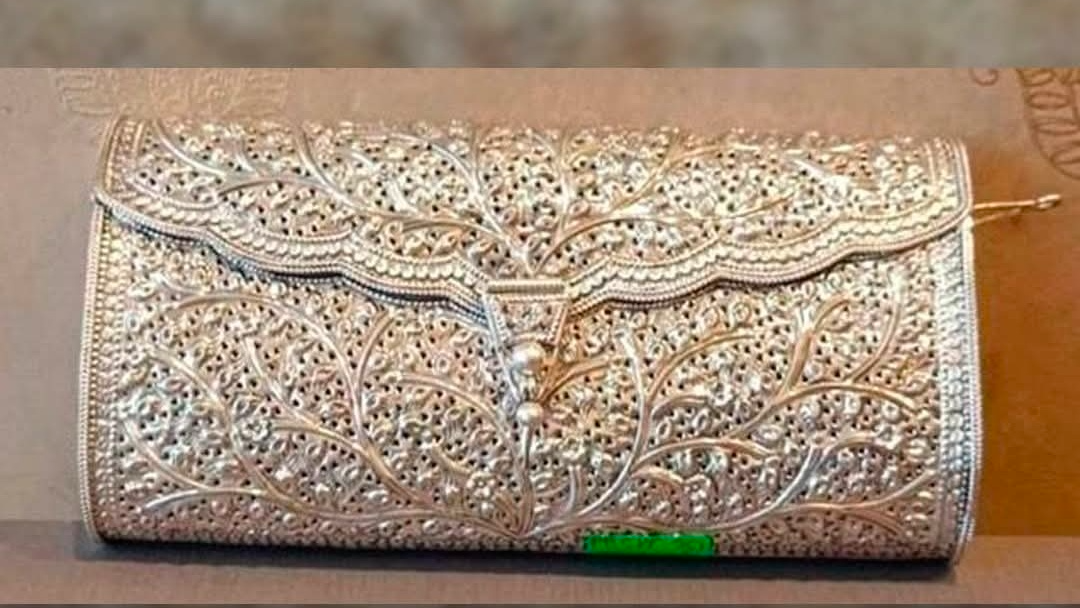
PM Modi gifts silver filigree purse to Ghana’s...
Copyright © 2024 - Summa Real Media Private Limited. All Rights Reserved.













